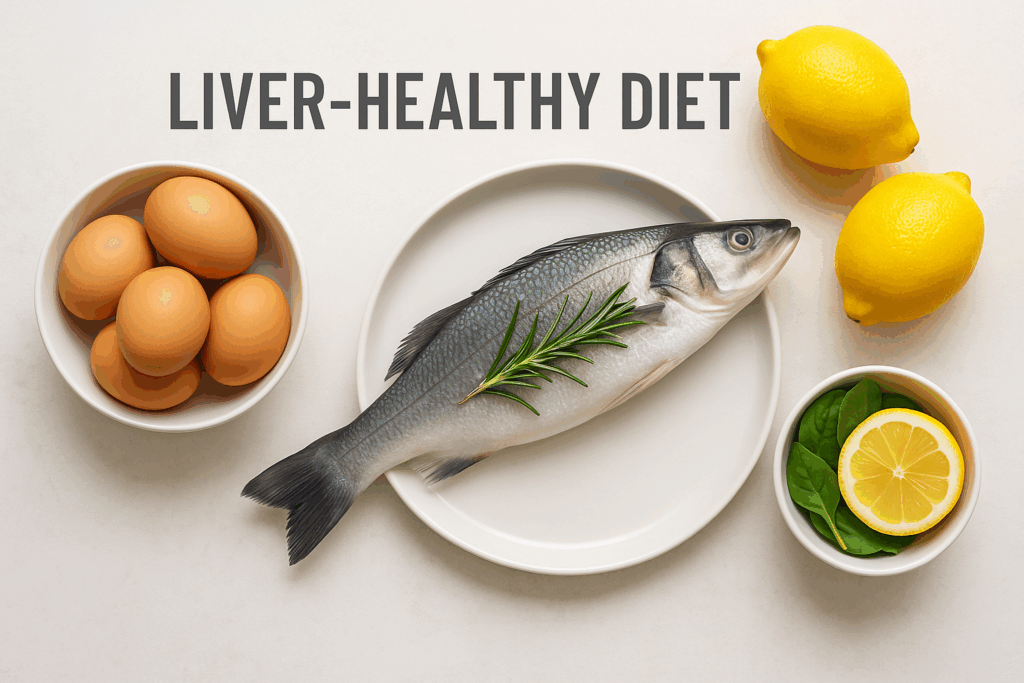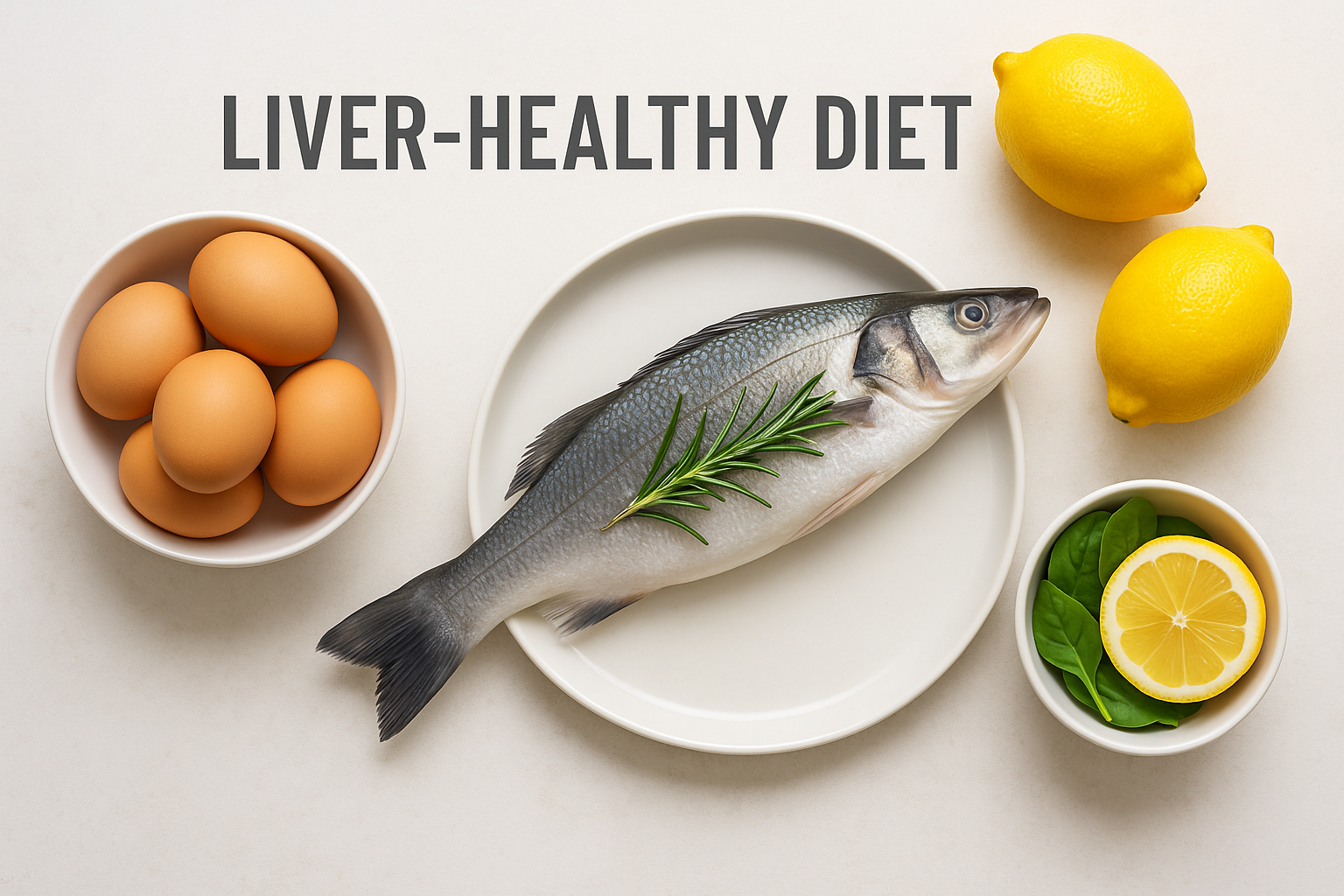Have you ever wondered why taurine is often included in liver or energy supplements? Though commonly known for its role in metabolism, taurine may also support liver detoxification and cellular protection. This guide explores how this amino acid–like compound could help maintain liver balance and resilience.

1. What Taurine Is and Why It Matters
Taurine is a sulfur-containing compound naturally produced in the body and found in foods like fish, eggs, and meat. It is not used to build proteins but may play important roles in bile acid formation, antioxidant defense, and overall metabolic stability.
- Acts as a modulator for cell hydration and calcium balance.
- Supports bile acid conjugation, which may assist fat digestion and waste removal.
- Could protect cells from oxidative and inflammatory stress.
2. Detoxification and Bile Flow
The liver uses bile acids to remove toxins and metabolize fats. Taurine may help by binding to bile acids, improving their solubility and flow.
- May support bile secretion, enhancing natural detox processes.
- Could aid in the breakdown and excretion of cholesterol and metabolic waste.
- May contribute to digestive comfort by stabilizing fat absorption.
3. Antioxidant and Protective Mechanisms
Taurine is thought to reduce oxidative damage in liver cells by helping regulate reactive oxygen species. These effects could support long-term liver integrity.
- May help balance the liver’s antioxidant system alongside glutathione.
- Could assist in protecting mitochondria during toxin exposure.
- Some studies suggest taurine supplementation may help reduce inflammation markers related to liver stress.
4. Taurine and Metabolic Support
Beyond detoxification, taurine may contribute to maintaining healthy lipid and glucose metabolism — both key to liver wellness.
- Could help regulate lipid accumulation in liver cells.
- May support insulin sensitivity and energy metabolism.
- Balanced taurine levels might contribute to reduced fatty liver progression risk.
5. Dietary Sources and Supplement Considerations
Most people get enough taurine from diet, but levels may fluctuate with stress, alcohol, or high-fat intake. Supplementation could be considered when dietary sources are limited.
- Found naturally in seafood, eggs, poultry, and dairy.
- Vegetarians may have slightly lower taurine levels, as plant foods contain minimal amounts.
- Consulting a healthcare professional before supplementing is advised, especially for individuals with liver conditions or medication use.
🌟 Conclusion
Taurine may support liver health through multiple pathways — aiding bile flow, reducing oxidative stress, and promoting metabolic balance. While it’s not a cure or detox shortcut, consistent intake through a balanced diet and mindful habits could gently help the liver function more efficiently over time.
References and Further Reading
- National Center for Biotechnology Information — Taurine and Liver Function
- Harvard Health Publishing — Understanding Antioxidants and Detox Pathways
- Journal of Nutritional Biochemistry — Taurine in Cellular Protection
Disclaimer
This article is for informational purposes only and not medical advice. Individual liver health responses may vary depending on diet, habits, and medical conditions.
